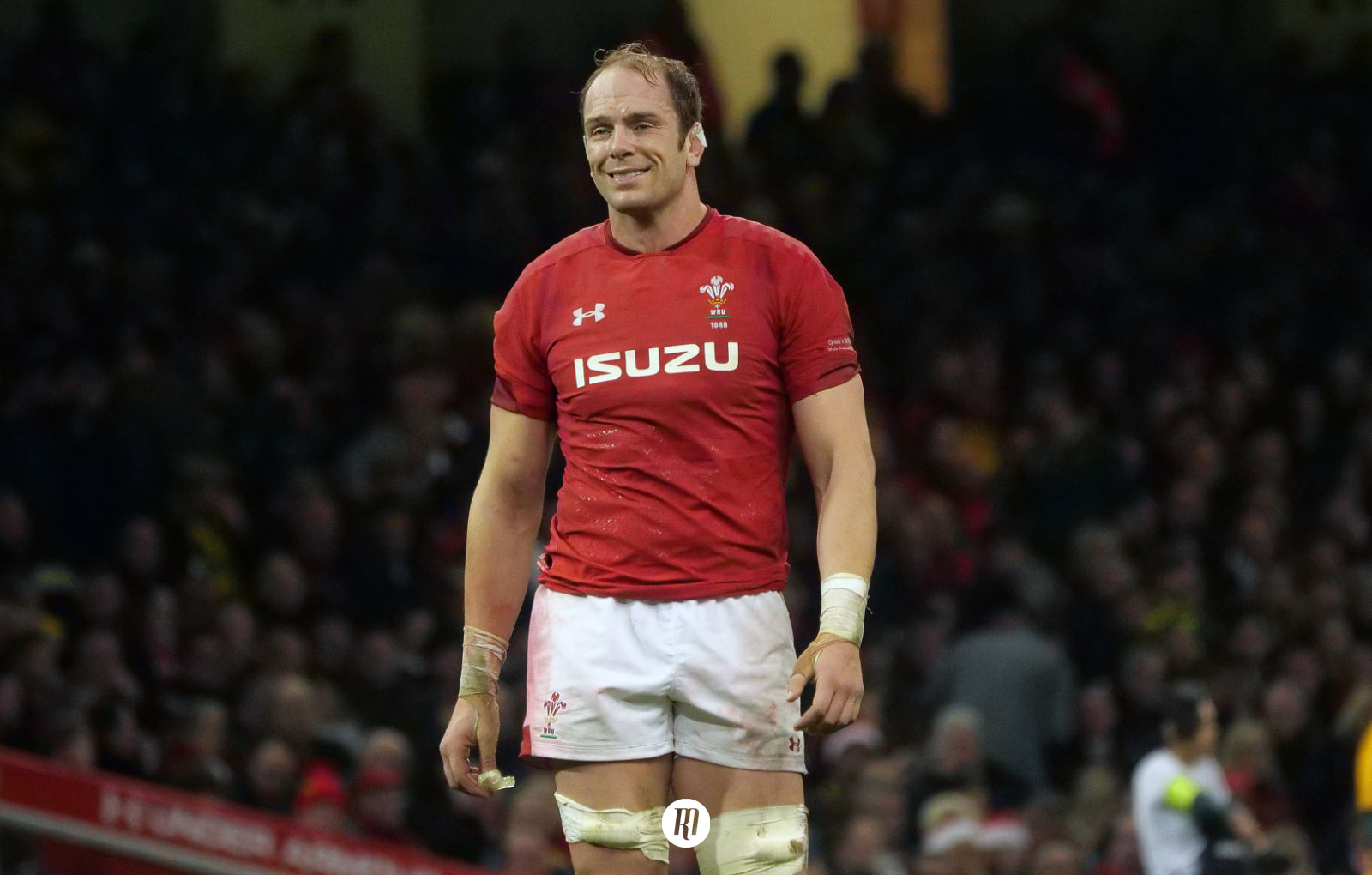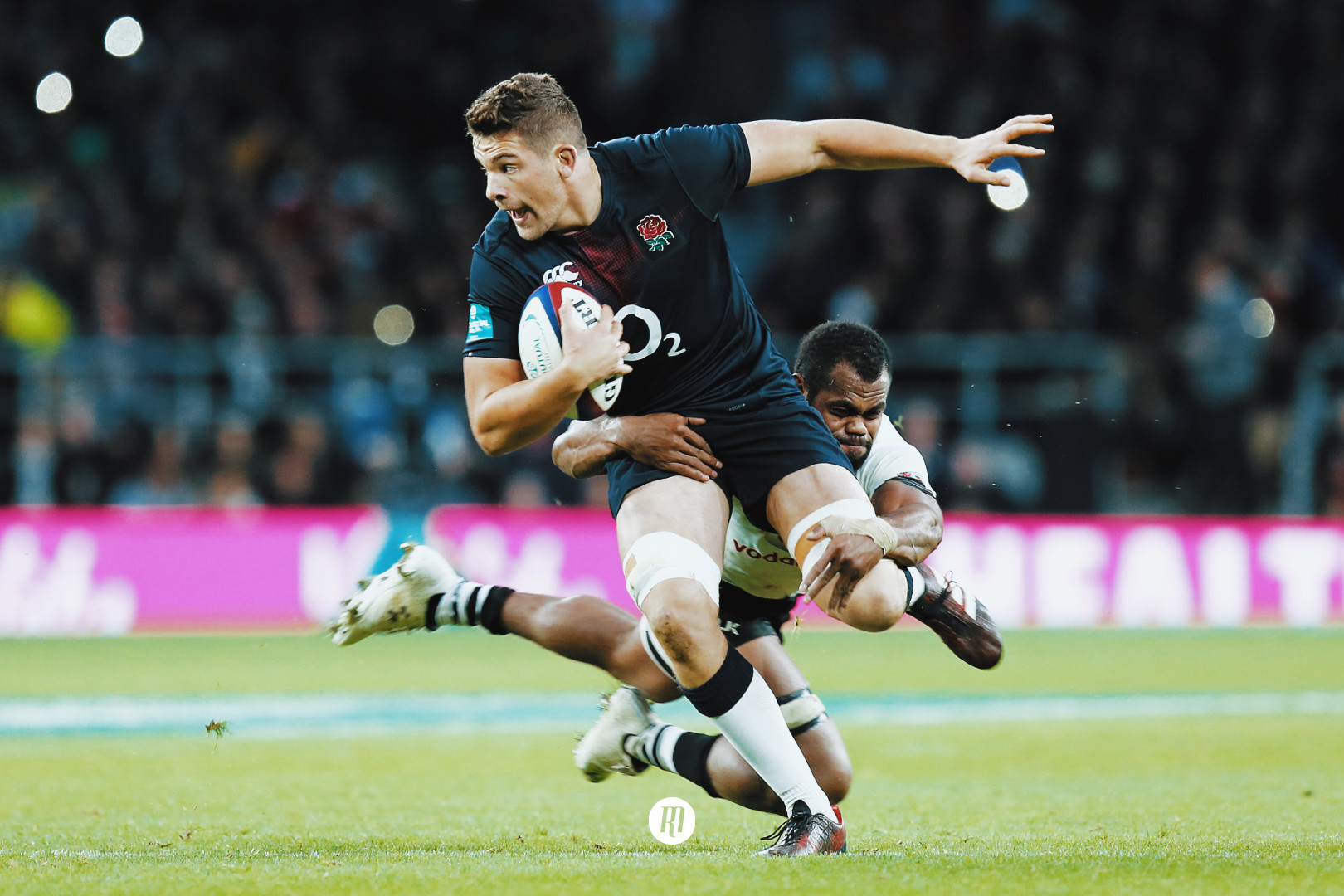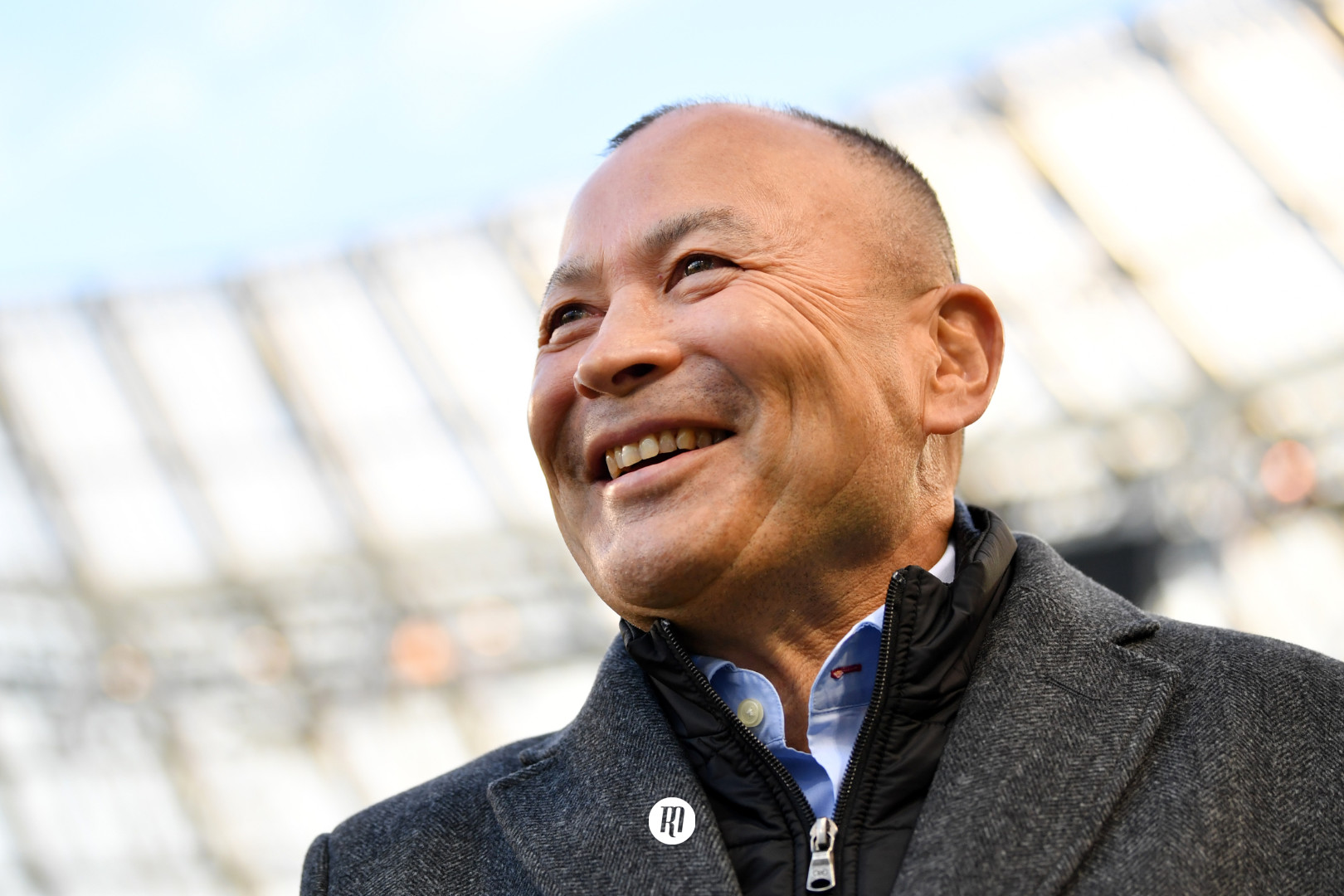A truncated Rugby Championship and a World Cup launchpad: Wallabies and Springboks
Once in every four years, the pinnacle of annual Southern Hemisphere Test rugby is slashed in half, reduced from its usual six-round format to a truncated three-week appetiser for the apex of rugby union as a whole, the greatly-coveted World Cup. In the lead up to the ninth instalment in Japan in little over two months, The Rugby Magazine casts a magnifying glass over each Rugby Championship side, and how they can use this year's abridged tournament as a springboard; travelling headlong towards the William Web Ellis trophy in Yokohama.
A rather outré fact we rugby scribes love to trot out whenever chat of World Cup favourites arises is that the Webb Ellis trophy has never been lifted by the side that claimed victory in the Rugby Championship, or the Tri-Nations, its predecessor, a few short months earlier. Indeed, even the indomitable All Blacks have twice fallen at the penultimate hurdle since the annual Southern Hemispherical competition was founded in 1996, losing out to Australia in the 2011 Tri-Nations and the Rugby Championship in 2015. Equally, Australia lost out on a Tri-Nations title in the year of their 1999 World Cup year to New Zealand. Four years beforehand, 2007 world champions South Africa came dead last in the Tri-Nations that preceded their second World Cup triumph in France. The only team to have won their annual tournament before a triumphant World Cup campaign are England, the odd one out in a winners list otherwise dominated by the Southern Hemisphere; eight plays one in that regard.
However, this year's ninth World Cup brings about a landscape stark in its contrast to the last seven. For the first time heading into the quadrennial competition, the usual dominance of the 'Big Three' has been smashed asunder, with South Africa and Australia sitting in fifth and sixth place respectively behind, in order, New Zealand, Wales, Ireland and England. The rift between Hemispheres has been completely quashed, with the only gap left standing now between the Kiwis and the rest of the world.
Although, even this chasm has been narrowed somewhat over the last few years with Ireland's 2016 and 2019 victories over the mighty All Blacks, the British and Irish Lions' series draw in 2017 and England's excruciatingly narrow 16-15 defeat at Twickenham.
The point to be made here is that this year's World Cup is more unpredictable than ever before, and form from the Rugby Championship does not necessarily equal success in the game's apex tournament. Instead, minds will be set on getting ducks in line with Japan in mind.
In the first of two articles, let's take a look at what Australia and South Africa need to learn and achieve in this year's truncated Rugby Championship.
Australia
After the serious lull for Australian rugby between the 2015 and 2019 World Cups, a period in which the Wallabies fell to a record low of eighth place in the World Rugby rankings, Michael Cheika has his national side together in preparation for a three-match version of the Rugby Championship with some sort of level ground beneath them; even if it is still somewhat cracked and bobbled.
Keen to further stabilise the platform on which his side will launch its Rugby Championship and World Cup campaigns, Cheika has successfully tempted a quarter of experienced heads back to the Wallaby fold. Waratahs utility back and 117 Test veteran Adam Ashley Cooper, Exeter Chiefs managerial scrum-half Nic White, Leicester Tigers and now Melbourne Rebels centre/fly-half Matt Toomua and Sale Sharks utility back turned Queensland Reds re-acquisition James O'Connor are all preparing to fight for a spot in Australia's final 31-man World Cup squad. Plainly, Cheika has gone to significant lengths to return this quartet to the homeland and will have specific plans for them within his squad's dynamic. Even if it is purely exposing the less experienced squad members to their time in a Wallaby jersey and years spent in the opposing hemisphere.
There are two tasks Cheika must tick off pre-Japan, one in the forwards and one in the backs. First, he must use the Rugby Championship to decide on a first-choice pack, gelling the all-important front row and finding some semblance of balance in the backrow; a backrow that will surely incorporate both openside flankers, Michael Hooper and David Pocock, when the latter returns to fitness. The Australians can find as fine a balance as they like in the backline, but they'll come up short against Pool D rivals Wales, and potentially Fiji, if they don't have a consistent platform; something that greatly hampered them during their torrid post-2015 World Cup final run. Permanent roles for Folau Fainga'a at hooker and Isi Naisarani at eight could be two such selection calls, both starting this weekend.
Second, as alluded to in the previous paragraph, Cheika will have to find some way of finding the appropriate places for all the pieces of his backline jigsaw. As ever with the Australians, there is no shortage of utility backs, but without some sort of structure from nine to fifteen the boomeranging of their returning veterans could prove more disruptive than constructive. As much as Australia seems to adore the Swiss Army Knife nature of their stars, they'll need some sort of stability and balance in their backline if they are to continue to improve and put the issues of recent years behind them.
South Africa
Like their Super Rugby fellows from Down Under, South Africa fell victim to a serious lull after reaching the knockout stages of the last World Cup, falling from a third-place tournament finish in England to a record low of seventh place in the international rankings in 2017. Again, like Australia, the Springboks are now back on the up, two spots above their 2017 slump. South Africa's prospects are much-improved as we head into their first Test outings of 2019, with former Munster boss Rassie Erasmus taking over the Springbok reigns last year and guiding his native nation to a comfortable 2-1 series victory over England last summer.
Taking a look at the squad Erasmus has gathered in South Africa we see yet another similarity to Cheika's Wallaby outfit. In Northampton's Cobus Reinach, Toulouse's Rynhardt Elstadt and Ulster's Marcell Coetzee, South Africa have their own cohort of overseas players looking to grab themselves a seat on the plane to Japan, but will need to be settled into defined roles if they are to hope to better, or even come close to, 2015's third-place finish
For Erasmus, it seems he has the most straightforward task of the four Rugby Championship head coaches, continue the momentum he has built up since taking over from Allister Coetzee, and decide on which players will serve as backup to his first-choice 23. But then again, simple doesn't necessarily mean easy.
Erasmus has already decided to take the majority of his first-choice squad straight to New Zealand ahead of South Africa's week two Rugby Championship game against the All Blacks, leaving behind Eben Etzebeth to captain a much-changed side to face Australia on home soil this weekend. With these selection decisions, Erasmus is already well into both solidifying his first-choice team and testing the peripheral players. The 'new boys' will test their mettle with the advantage of playing on home soil this weekend, while most of his starting side are acclimatising to New Zealand's time zone a week ahead, giving them the best possible chance of success in Wellington.
Expect to see plenty of rotated/weakened teams during the Rugby Championship, except perhaps from Argentina, who will be keen to get their team set and roll full steam towards the World Cup. With new combinations and the intent of many to impress their national selectors enough to earn key roles in the big games in Japan, there should be plenty of exciting rugby, and perhaps the odd moment of drama, in this year's truncated Rugby Championship. Keep an eye out tomorrow when we cast our eyes over New Zealand and Argentina.

Filed under:
International, Rugby World Cup, Rugby Championship, Argentina, Australia, New Zealand, South Africa
Written by: Alistair Stokes
Follow: @alistokesrugby · @therugbymag




